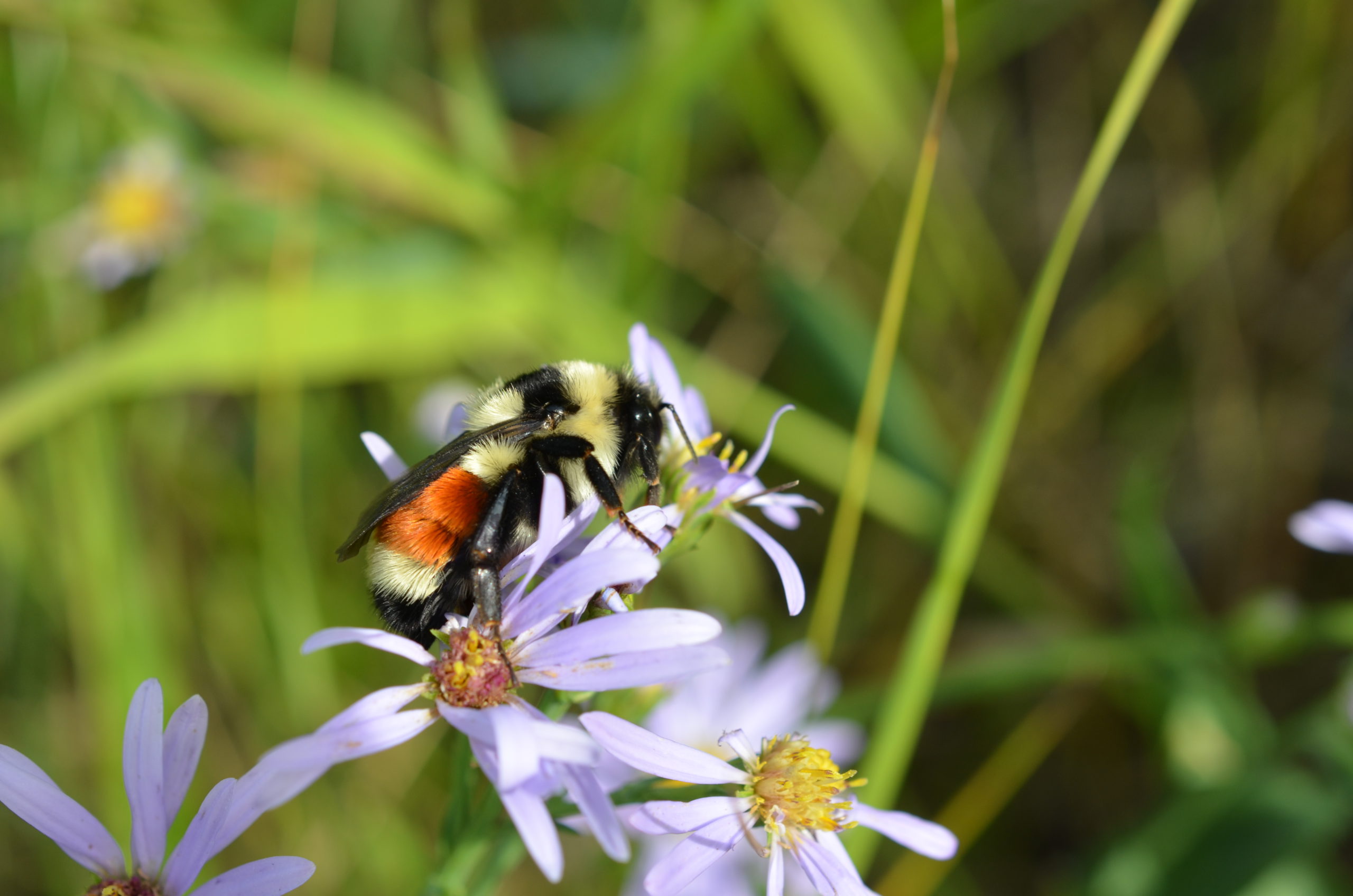Researchers at York recently found that the majority of Canadians lack significant knowledge about bees. Native pollinators in Canada are essential to sustain the many species that rely on them, and the ecosystem as a whole. Experts say that increasing and improving the Canadian public’s knowledge of bees is a key step in increasing their legal protection and supporting conservation efforts.
“Native pollinators are critical for the sustainability of natural ecosystems and sustainable agro-ecosystems,” says Dr. Sheila Colla, an expert on bees and endangered species. The primary research was also conducted in their lab.
“We don’t know the status of the vast majority of our 860 or so wild bee species. For the group we do understand best, the bumblebees, we know that about one in four species are at risk of extinction.”
The study examined data from a poll of 2,000 Canadians, and uncovered several very prominent misconceptions.
For one, about half of those surveyed think honeybees are wild and native to Canada. About a quarter of respondents believed all bees can sting. In fact, both of these are false. Honeybees were brought over to the country from Europe and are mainly domesticated, and many of Canada’s 860+ wild bee species do not sting.
At face value, these misconceptions may seem harmless. However, experts believe that the results of the study speak to a greater need for knowledge about wild bees in Canada and the serious issues they face.
One side effect of the lack of bee knowledge among the Canadian public is that many might be interested in saving the wrong bees.
“Much of bee decline media is rampant with misinformation and focusses on managed non-native honey bees,” says Dr. Colla.
Apparently, honeybees don’t actually need saving. Genevieve Rowe, lead biologist for Wildlife Preservation Canada’s Native Pollinator Initiative (NPI), says that wild and native bees need the focus.
“The European honeybee will be fine, it is not going to go extinct! It’s the other 850 plus species in Canada that we need to worry about conserving … and we don’t know enough about most of them to accurately assess their health and status.”
“The European honeybee will be fine, it is not going to go extinct! It’s the other 850 plus species in Canada that we need to worry about conserving,” says Rowe. “There are over 850 bee species in Canada, and we don’t know enough about most of them to accurately assess their health and status. These are the pollinators that are the key players in our natural systems, and even in many agricultural systems.”
According to Dr. Laurence Packer, who teaches biology and environmental studies at York, wild bees face a myriad of threats, including pesticides, pathogens, habitat loss, fragmentation, loss of wildflowers, climate change, and most notably, lack of understanding. “Most people think most bees are wasps or flies,” he says.
Some Canadian students say the issue of bee conservation has waned in public popularity.
“I remember a year or two back ‘save the bees’ became a trending topic and everyone was talking about the threat to bees in North America,” says Sarah Ahmed, a biology and computing student at the University of Waterloo. “I don’t really hear much about bees and any conservation efforts towards them anymore.”
The NPI has been working to improve the status of and raise awareness about native bees in Ontario. Rowe provided several examples of the organization’s extensive work towards native bee recovery.
“We’ve conducted extensive annual bumblebee surveys and monitoring across large areas of Ontario, where many species are threatened,” she says. “We’ve also led and contributed to scientific research (published and unpublished) that has targeted knowledge gaps in our understanding of bumblebee ecology at all stages of the colony lifecycle.”
According to Nyssa van Vierssen Trip, a lead researcher on the York study, Canadians have “heavy engagement” in bee conversation despite their lack of knowledge on the issue.
“I think the importance of specific species in Canadian ecosystems should be talked about more in the curriculum, that way students come out of school more aware of how ecosystems work and why taking care of specific species like the bee is important,” adds Ahmed.
Dr. Colla provides some advice for Canadians looking to take the first step in learning how to help native and wild bees:
“The best thing people can do is download the free app BumbleBeeWatch and submit photos of bumblebees to help us locate rare species and learn more about the bee’s ecological needs.”




